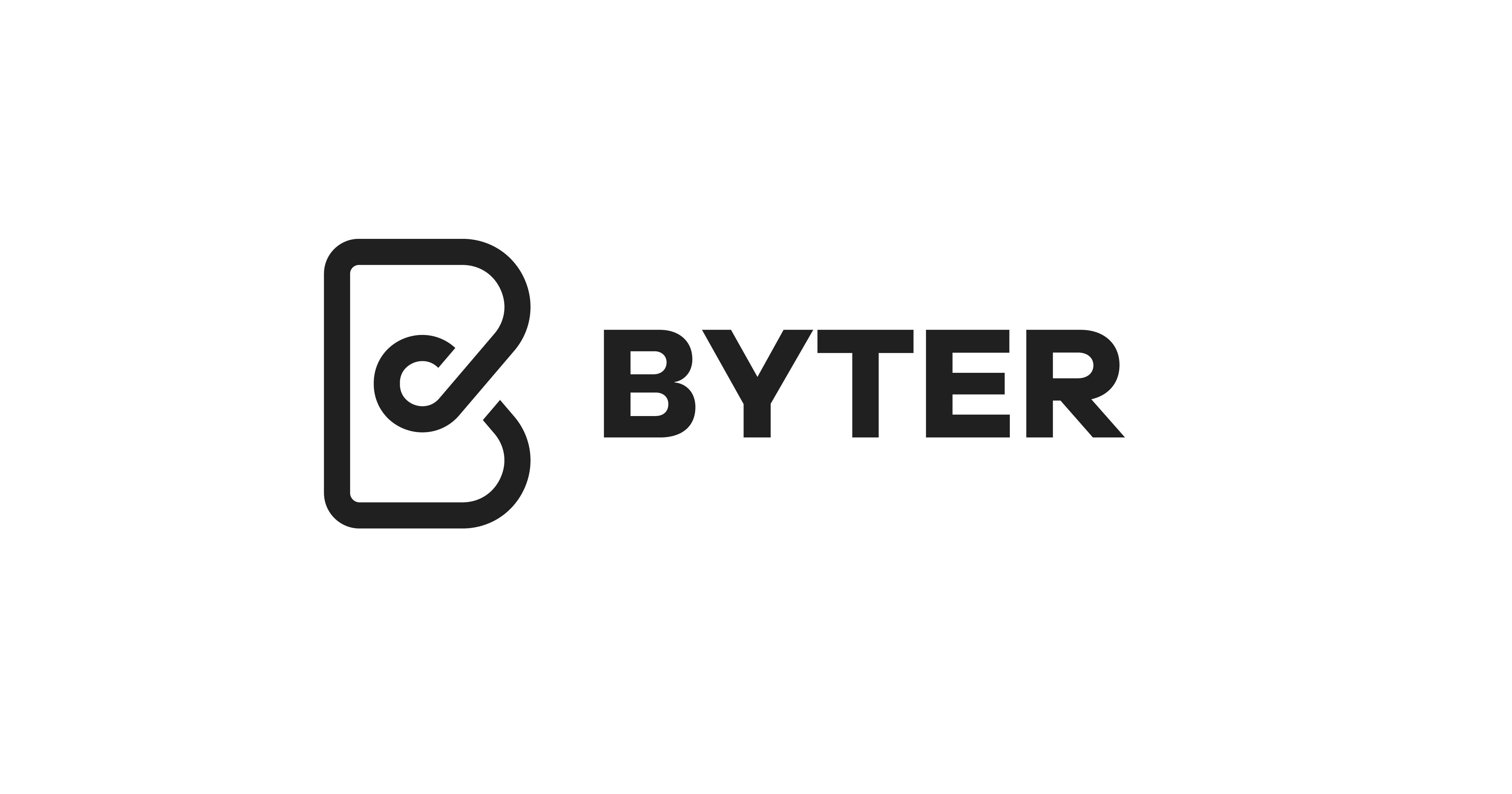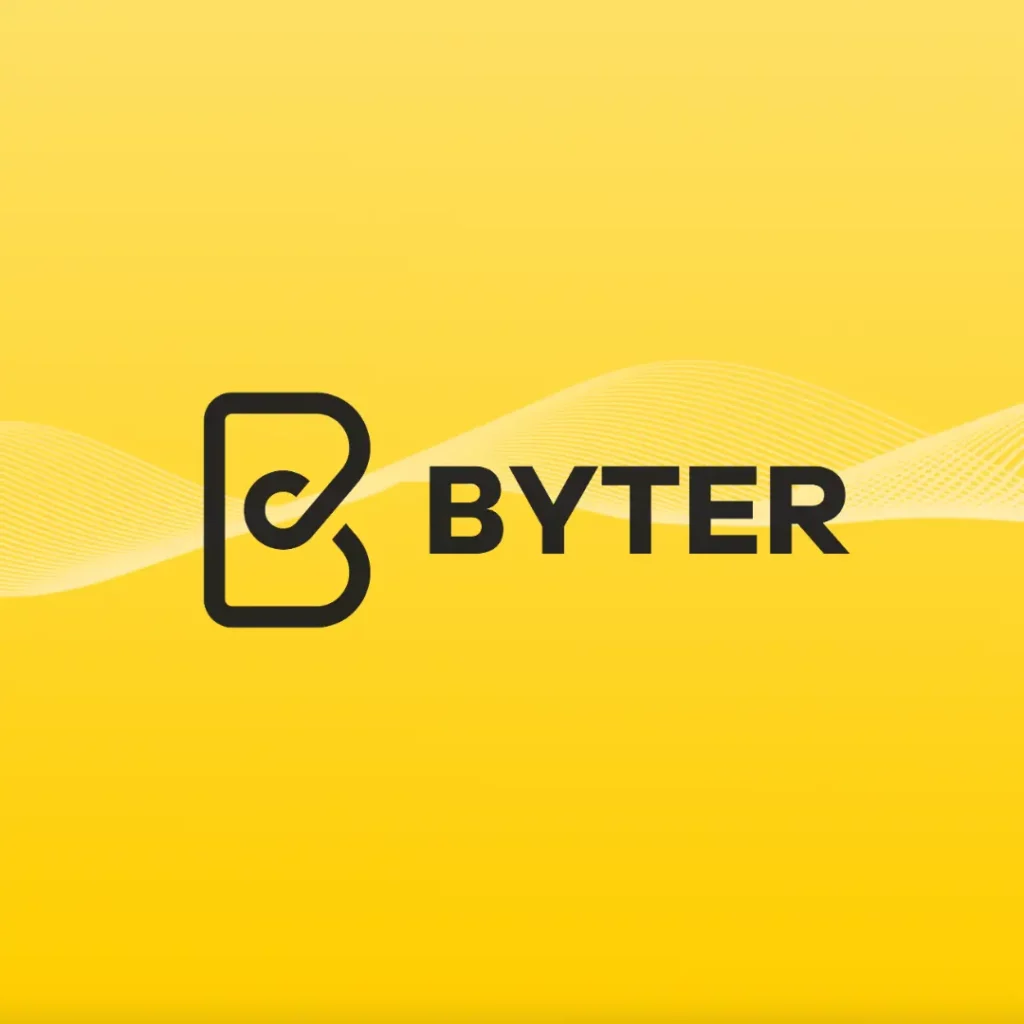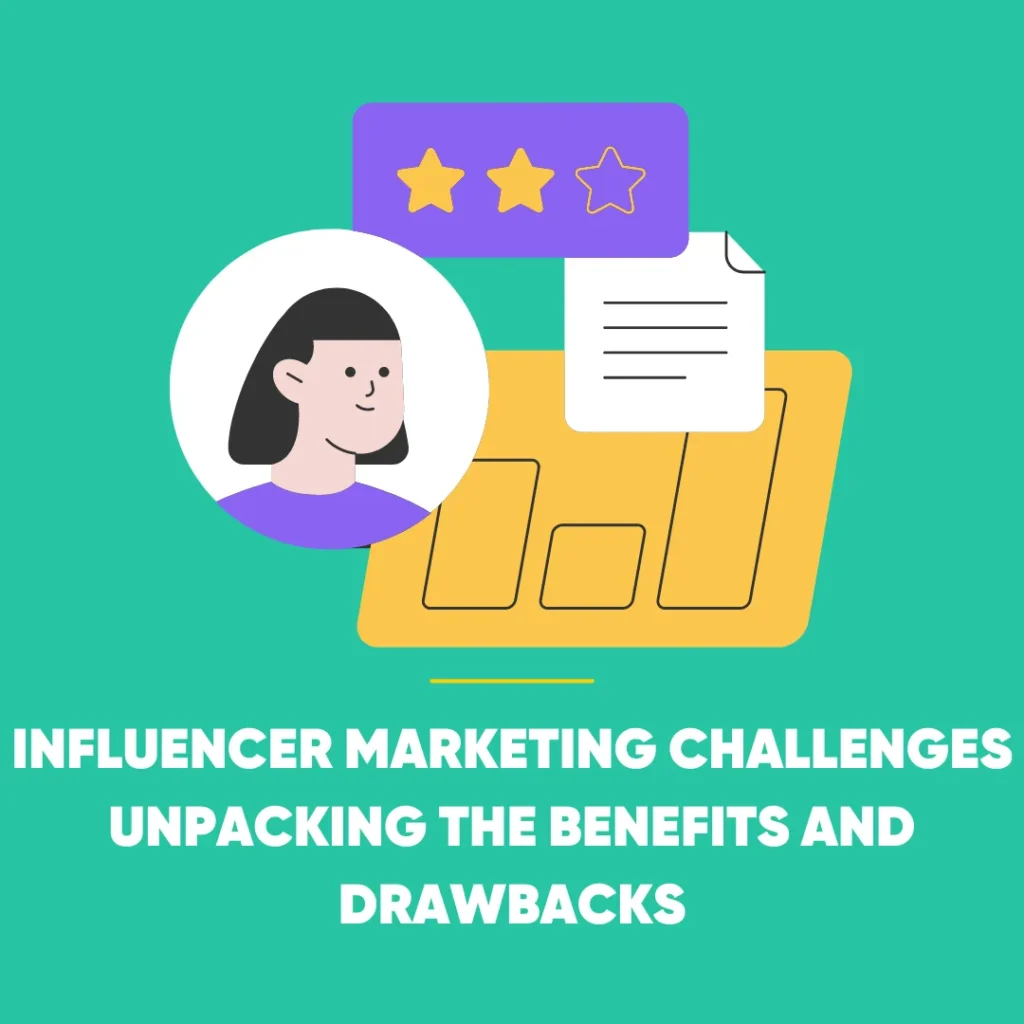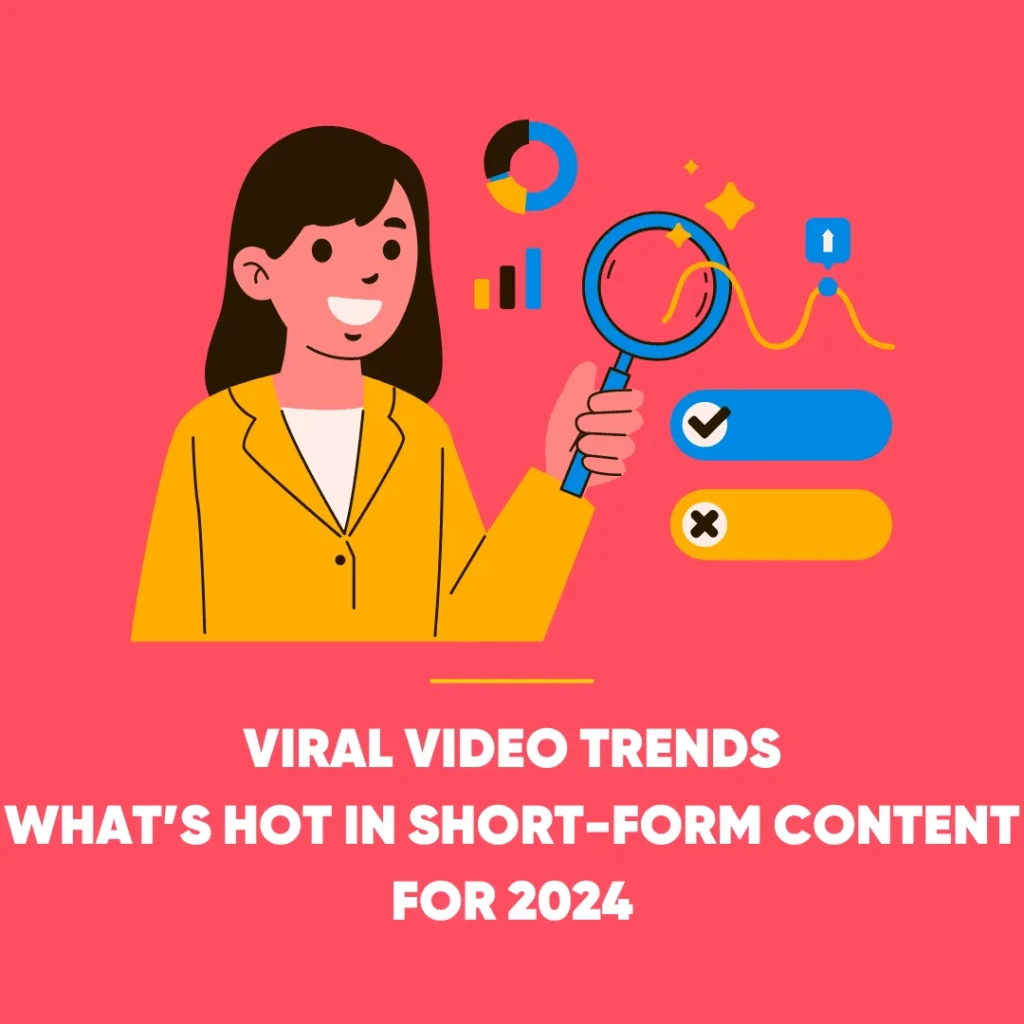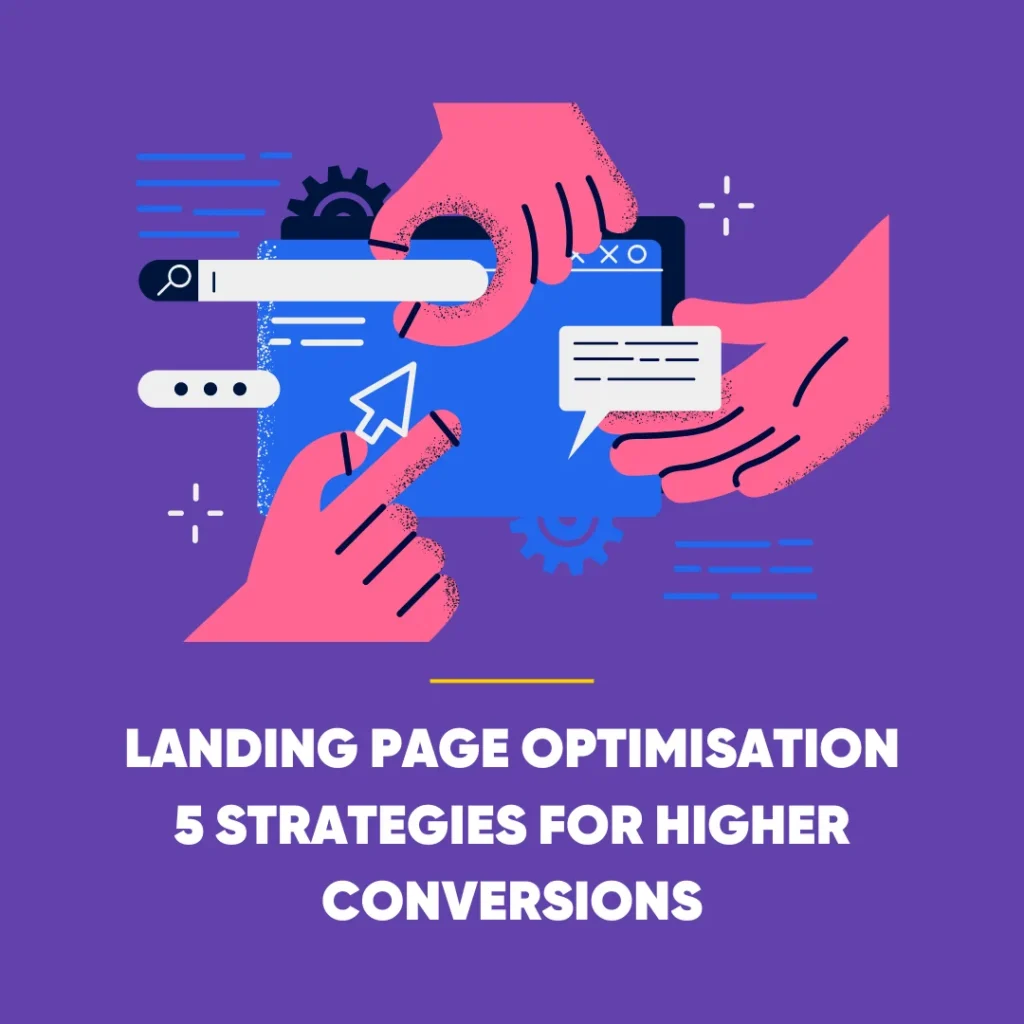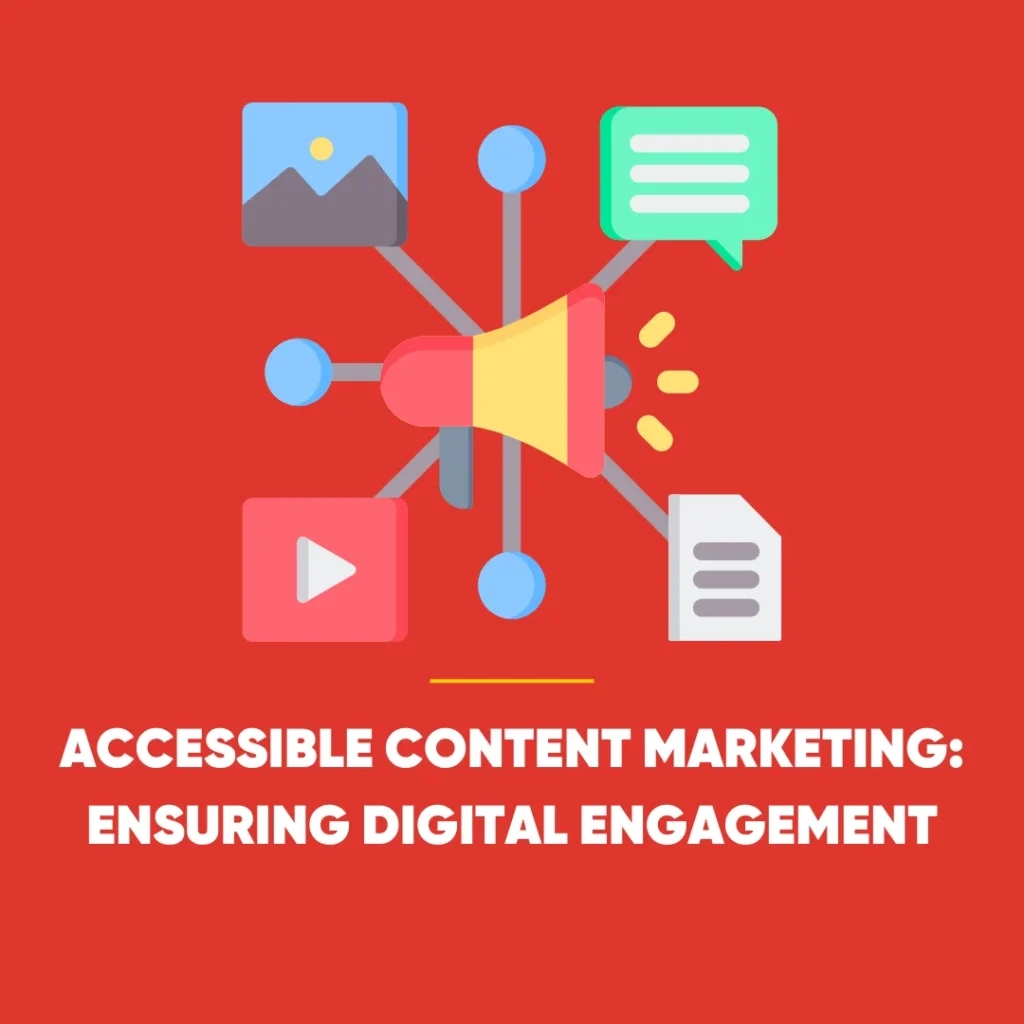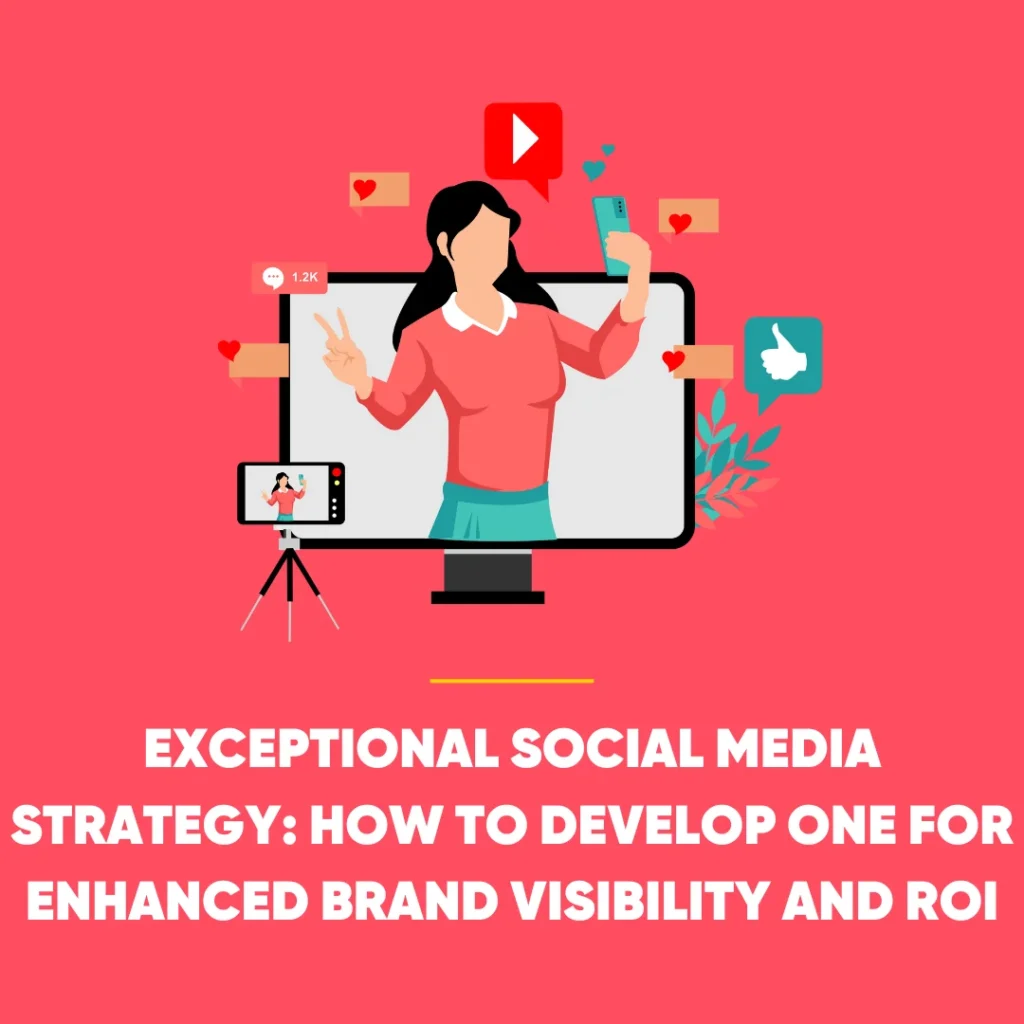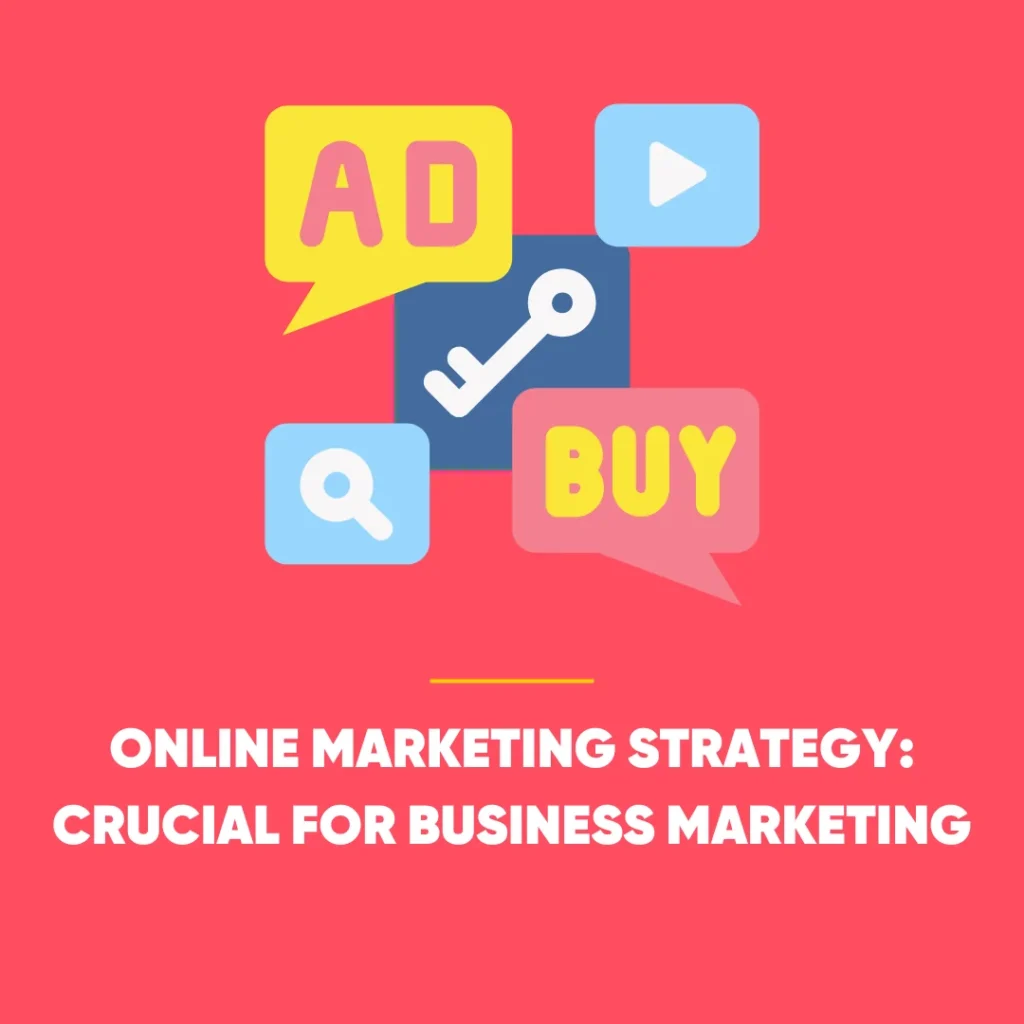Any corporate marketing strategy must include digital marketing. Obviously, it could indicate the difference between a successful and unsuccessful firm. Digital marketing is also responsible for significant changes in how people do things. The digital revolution has transformed the way people interact and engage, making it pivotal for companies to stay updated on the latest digital trends. Embracing digital marketing is no longer an option but a necessity for staying relevant in an ever-evolving business world. In this article, we will look through the basic instruments for an effective digital marketing campaign, such as:
-
Paid Search Advertising
-
Search Engine Optimisation
-
Social Media Marketing
-
Social Media Advertising
-
Programmatic Advertising
-
Email Marketing
-
Digital Marketing Strategy
-
Why fundamentals are essential for marketing your business?
Paid Search Advertising
Paid Search Advertising, also known as PPC marketing (pay-per-click). It offers great benefits for businesses looking to connect with their target audience. By leveraging paid search ads, you can effectively reach potential customers precisely when they are actively searching for information, products, or services related to your industry.
One of the key advantages of paid search advertising is its ability to generate immediate results. Unlike organic search efforts, where it takes time to build visibility and rankings, paid search ads can instantly position your brand at the top of search engine results pages (SERPs).
It’s important to note, that paid search ads enable precise targeting options, allowing you to reach a specific demographic, location, and target keywords relevant to your business. So, this level of granularity ensures maximising the potential for engagement and conversions.
Additionally, paid search ads provide valuable data and insights that can be utilised for your overall marketing strategy optimisation. With robust analytics and reporting tools, you can track key performance indicators such as click-through rates, conversion rates, and return on investment (ROI). This data-driven approach allows you to refine your ads, adjust bidding strategies, and continually optimize campaigns to achieve the best possible results.
Finally, paid search advertising offers scalability and flexibility. You have control over budget allocation, allowing you to set daily or monthly spending limits and adjust them as needed.
SEO
Search engine optimization (SEO) is a process of improving the visibility of a website in organic search results. It’s not all about just one thing, for instance optimising your page titles or meta descriptions, although those are important. Rather it’s a wide range of techniques and tools that refines a webpage from such key points as content, technical and linking. Hence, let’s have a quick look at them.
Keyword Research
Keyword research is vital to identify the terms and phrases your target audience is using to search for information related to your business. By understanding these keywords, you can optimise your website’s content to align with user intent and improve its chances of ranking higher in organic (non-paid) search results.
On-Page Optimisation
On-page optimisation involves enhancing various elements within your website to boost its relevancy and search engine friendliness. This includes optimising meta tags, headings, URL structures, and incorporating relevant keywords naturally throughout the content. Additionally, optimising page load speed, improving responsiveness, and ensuring a user-friendly experience are crucial factors for both search engines and website visitors.
High-Quality Content
Creating high-quality, informative, and engaging content is at the core of effective SEO. By producing valuable content that addresses the needs and interests of your target audience, you can attract more organic traffic and earn backlinks from authoritative websites. Incorporating relevant keywords strategically within the content helps search engines understand the context and relevance of your pages.
Link Building
Building high-quality backlinks from reputable and authoritative websites is a critical aspect of SEO. Why links are so important? , they signal to search engines that your content is valuable and trustworthy.
Technical SEO
Ensuring that your website is technically optimised is vital for search engine crawlers to understand and index your content properly. This includes improving the overall site architecture and navigation, removing all existing errors, using descriptive and optimised images and tags for them etc.
User Experience (UX)
Factors such as easy navigation, clear site structure, fast loading times, mobile responsiveness, and engaging design contribute to positive user experiences. Hence, by prioritising UX, you enhance the likelihood of visitors staying on your site longer, reducing bounce rates, and signalling to search engines that your website provides value.
SMM
Social media marketing or SMM is one of the most cost-effective ways to reach your target audience. It’s a powerful strategy that leverages social media platforms to promote businesses, increase brand awareness, and engage with a target audience.
SMM involves creating and sharing compelling content, interacting with followers, and utilising various social media tools. Nowadays there are a huge number of social media, each has its specific features and main audience. Hence, you can choose the best of them to align properly with your overall marketing plan.
The main goal of SMM is to build a strong online presence, foster meaningful relationships with customers, and drive valuable actions such as website traffic, lead generation, and conversions. When strategically planning and executing SMM campaigns, businesses can tap into the vast user base of social media platforms, effectively communicate their brand message, and stay connected with their audience authentically and interactively.
Thus, when you start to manage social media from creating content to running targeted ads, it offers diverse opportunities for businesses to reach, engage, and convert their target audience.
Social Media Advertising
Advertising on Social Media is a form of online marketing that uses social networking platforms to deliver promotional content. By the way, social media advertising is an integral part of social media marketing (SMM). However, it differs from organic social media marketing, which focuses on building a presence through non-paid activities.
With social media advertising, businesses can leverage the targeting capabilities provided by platforms like Facebook, Instagram, Twitter, and LinkedIn to reach specific demographics, interests, and behaviours. This enables precise audience targeting, ensuring ads are shown to the most relevant users.
It is important to start with the basics to utilise social media advertising effectively. This includes setting clear campaign objectives, defining your target audience, and choosing the right platform that aligns with your goals. Creating compelling ad creatives that resonate with your target audience and incorporating persuasive copy is essential. Moreover, optimising your ad placements, monitoring performance metrics, and refining your strategy based on data insights are crucial for ongoing success.
By employing social media advertising, businesses can significantly expand their reach, increase brand awareness, drive website traffic, and generate leads. Furthermore, the precise targeting options and sophisticated analytics provided by social media platforms allow businesses to optimise their campaigns and maximise return on investment (ROI).
Programmatic Advertising
Programmatic advertising is a method of purchasing and selling digital advertising that is automated. It makes the ad-buying process more efficient and precise by utilising software and algorithms. Unlike traditional advertising, when ad placements are negotiated and purchased directly, programmatic advertising employs real-time bidding (RTB) to automate the purchasing and selling of ad inventory in real-time auctions.
The primary distinction between manual and programmatic advertising is the level of automation and precision in targeting. Manual advertising is more time-consuming and requires discussions with publishers, insertion orders, and human tracking of campaign results. Programmatic advertising, on the other hand, uses advanced targeting skills and algorithms to reach specific audiences based on their demographics, interests, and behaviours.
With programmatic advertising, advertisers can access huge networks of ad inventory across multiple platforms and websites, ensuring their ads are shown to the right audience at the right time. So, the automated nature of programmatic advertising enables real-time optimisation, allowing advertisers to make data-driven decisions and adjust campaigns on the fly.
Email Marketing
The main sense of Email Marketing is pretty well-known now. Briefly, email marketing is a digital marketing strategy that involves sending targeted messages and promotional materials to a group of people or companies via email.
However, what about the efficiency of such a marketing technique? It still remains a highly effective and influential marketing strategy, delivering impressive results for businesses across various industries. An average ROI for email marketing is 40$ per every 1$ you spent on it.
This form of marketing can include various types of emails, such as newsletters, promotional offers, event invitations, and follow-up communications. With careful segmentation, compelling content, and strategic automation, email marketing continues to be a valuable tool for businesses to connect with their audience and achieve their marketing goals.
Email marketing is a great way to market to your existing customers and can be used as part of a larger strategy or it can stand alone as an effective method for communicating with potential new customers who may be interested but not yet ready to make a purchase.
Digital Marketing Strategy
A digital marketing strategy helps you to reach your marketing goals in a clear period of time. Moreover, it is much easier to define all blind spots and zones for improvement with a clear strategy. As well you must have an organised strategy because it will help you make decisions about what type of content to create, how and where to publish the content, and which channels (outlets) are best suited for reaching your audience.
Here are some examples of possible digital marketing strategies:
- Social media presence
- Web design/UX (user experience)
- Search engine optimisation (SEO)
Why fundamentals are essential for marketing your business?
Fundamentals are essential for marketing your business as they form the core pillars of a successful marketing strategy. Each fundamental plays a unique role in reaching and engaging your target audience across various digital channels. Here’s a brief summary of what you should know as a base to begin:
Paid Search Advertising allows you to capture immediate attention by placing targeted ads in search engine results. As an additional advantage, it ensures visibility when potential customers are actively searching for relevant information.
Search Engine Optimisation (SEO) optimises your website to improve organic rankings. It enables long-term visibility and attracts organic traffic from search engines. In general, the optimising process focuses on enhancing the website’s structure, content, and technical part.
Social Media Marketing leverages the power of social media platforms to connect and engage with your audience. It helps build brand awareness, foster customer relationships, and drive website traffic through strategic content creation and community engagement.
Social Media Advertising complements social media marketing by utilizing paid ads to reach specific target audiences. It offers advanced targeting options, precise audience segmentation, and the opportunity to amplify brand messages, increase reach, and drive conversions through platforms like Facebook, Instagram, Twitter, and LinkedIn.
Programmatic Advertising automates the buying and selling of digital ads, optimizing ad placements in real-time auctions. It leverages data, algorithms, and artificial intelligence to reach the right audience with relevant ads, maximizing efficiency and campaign performance.
Email Marketing is a direct and personalized approach to engage with customers. It allows you to nurture leads, build customer loyalty, and drive conversions through targeted and customized email campaigns.
A Digital Marketing Strategy provides the framework for integrating and aligning these fundamentals within a cohesive plan. It ensures that resources are allocated effectively, goals are defined, and measurable objectives are set. A well-defined strategy helps businesses stay focused, adapt to changes, and achieve desired outcomes in the competitive digital landscape.
Nevertheless, if you haven’t enough time to discover all these topics by yourself, but are willing to level up your business, you can always seek the assistance of companies that provides professional marketing, development and other branding services.
Hence, it’s crucial to harness the fundamentals before you start diving into more complex things. By doing this, you can avoid making mistakes that will cost your business money and time. If you want to learn more about digital marketing, check out our other blog posts.
